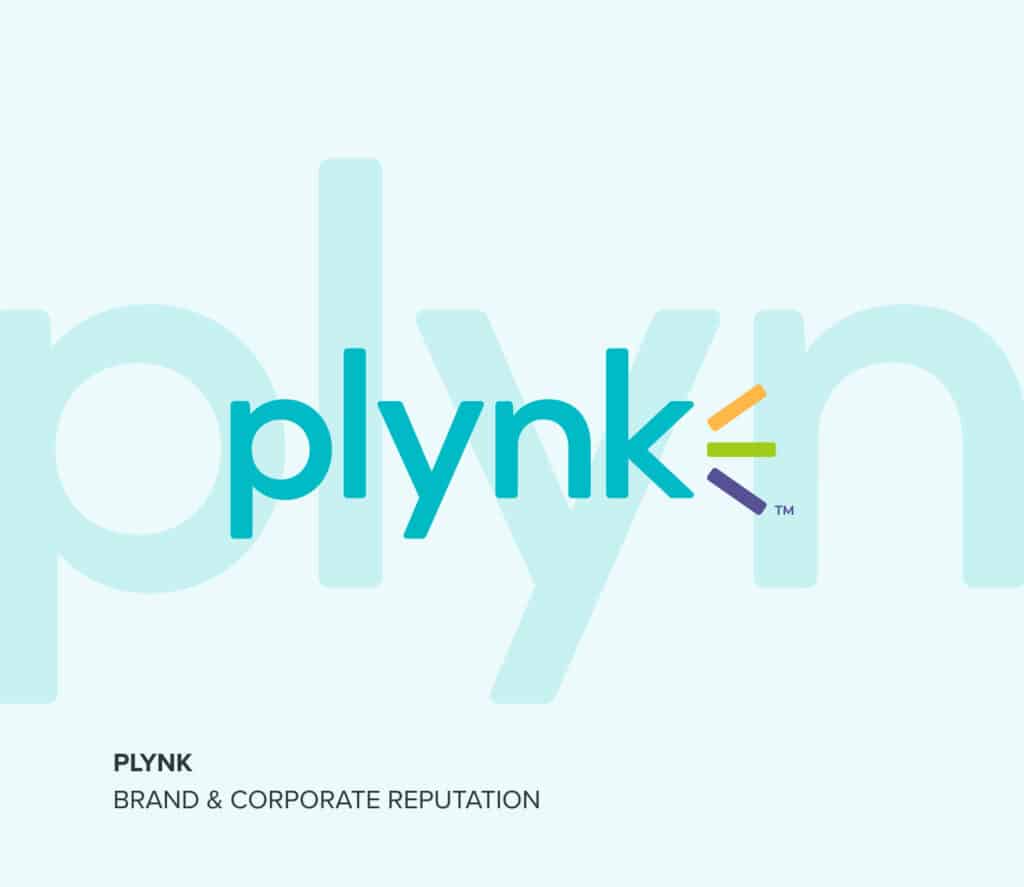Credit Card Surcharges, New Tech Opportunities Crop Up, Cryptocurrency in Canada
Credit Card Surcharges: As the pandemic continues, small businesses and restaurants are fighting for their survival. However, the pandemic is not the only thing wreaking havoc on these organizations: credit card companies are now charging businesses fees for customers that opt for that payment method. In order to keep their desired profit margin, more and more businesses are adding additional charges for those who want to pay with their credit card. The Wall Street Journal covers how these surcharges which were once banned, are going to become much more common as businesses recover post pandemic.
New Tech Opportunity Crops Up: The Financial Crisis of 2008 has undoubtedly changed the way we interact with money — personal finance apps, real estate investing and other fintechs have cropped up at rapid paces over the last 15 years. But financial technology is also seeing an unlikely area of new opportunity – farmtech. In 2016, Indigo Agriculture Inc. had a brilliant idea that would revolutionize the entire agriculture industry. While they had several great ideas, their initial launch was a total flop. They have since revamped their management team, required staff to study the agricultural market and used several ingenious marketing strategies to recapture the market. They continue to grow and come up with more ideas including reducing the carbon footprint of the farm they work with. With a projected profit of $1.1 billion in revenue for 2020, farmtech could be the next big thing. More from The Wall Street Journal
Crypto in Canada: While the U.S. has quickly made cryptocurrency fairly accessible to the public, Canada has required much more regulation for crypto asset dealers. Betakit covers the news that Coinberry Limited has just become the second dealer to receive approval from the Ontario Securities Commission. The only other crypto asset dealer to receive such approval was Wealthsimple back in August of 2020. Coinberry Limited is excited to receive approval and looks forward to growing their company as they have formed this relationship of trust with OSC.
Spending Post-Pandemic: As the unemployment rate spiked in the Spring of 2020, many were forced to dip into their savings in order to pay their bills. Now with businesses trying to reopen and the Delta variant causing COVID cases to rise, many are left feeling uncertain about their spending habits. CNBC recognizes this universal feeling and advises how to move forward on a case by case business. However, the previous emergency fund for 6 months of living expenses may not be the best solution. With so much uncertainty in the economy many are starting to recommend a 14 month emergency fund. While no one wants a year of unemployment, many have had the rude awakening to what that feels like and it is best not to be caught in such a situation again.


